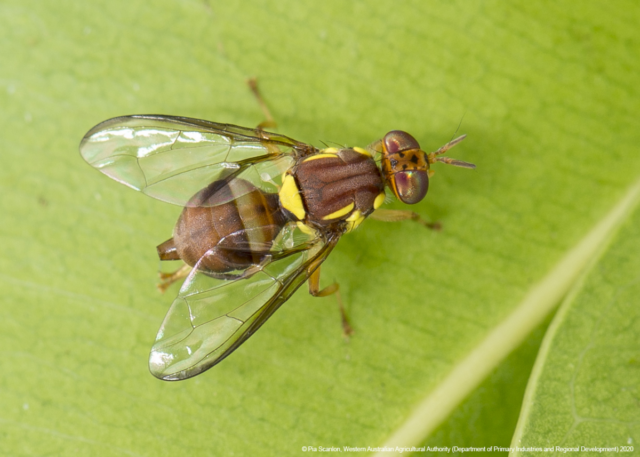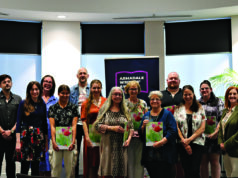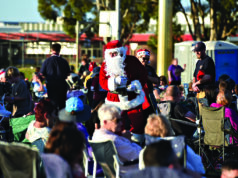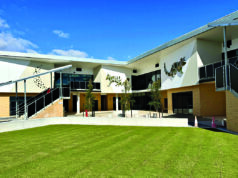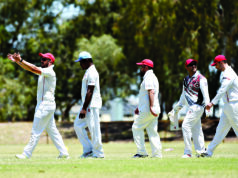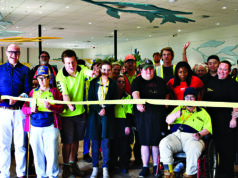A Quarantine Area has been declared in Perth’s southern suburbs to support efforts to eradicate Queensland fruit fly (Qfly).
The move comes after the damaging pest was detected in Willagee and Palmyra by the Department of Primary Industries and Regional Development’s (DPIRD’s) early detection surveillance trapping grid.
Qfly is a significant pest of horticulture and home gardens that infests more than 300 types of fruit, including fruiting vegetables like chillies, capsicums and tomatoes.
The Quarantine Area includes two zones – a corrective action zone around where the pest was first found (Red Zone) and a buffer zone of surrounding suburbs within a 15-kilometre radius of the initial detections (Orange Zone).
Residents in Cannington, Canning Vale, Banjup and parts of Harrisdale and Piara Waters fall in the ‘orange’ buffer zone.
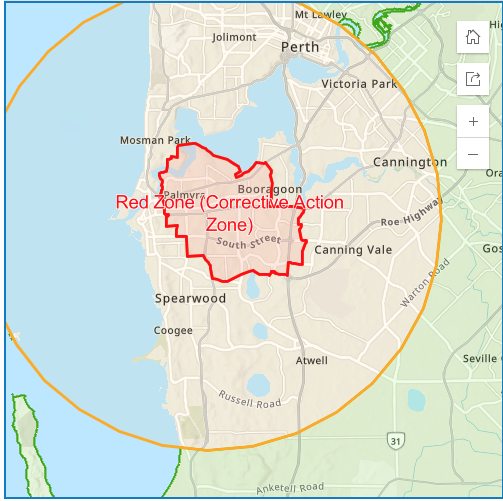
Residents and businesses in the Red Zone must remove all fruit and fruiting vegetables – regardless of maturity – from Qfly host plants, as well as fallen fruit.
Homegrown fruit and fruiting vegetables inside the Red Zone can be consumed, however only treated fruit can be moved within or outside the zone.
Treatment options include cooking, processing, freezing or solarising by securing fruit in a black plastic bag and placing on a hard surface in direct sunlight for more than seven days.

Fruit not consumed or treated must be disposed of by securing in a black plastic bag and disposing in the general waste bin – but not into the recycling or food organics, garden organics (FOGO) bin.
Residents and commercial operators in the Red and Orange zones wishing to move fruit and host plants within or outside of the zones are urged to consult the Queensland fruit fly updates webpage for movement requirements.
DPIRD is liaising with industry and supply chain operators, including Market City, to make them aware of the movement requirements.
For a map, a list of host plants, further information on movement, treatment and disposal requirements and response updates visit the Queensland fruit fly updates webpage.
Reports of suspected Qfly are encouraged, including maggots in fruit, via the MyPestGuide Reporter app or DPIRD’s Pest and Disease Information Service on 9368 3080, email padis@dpird.wa.gov.au.


